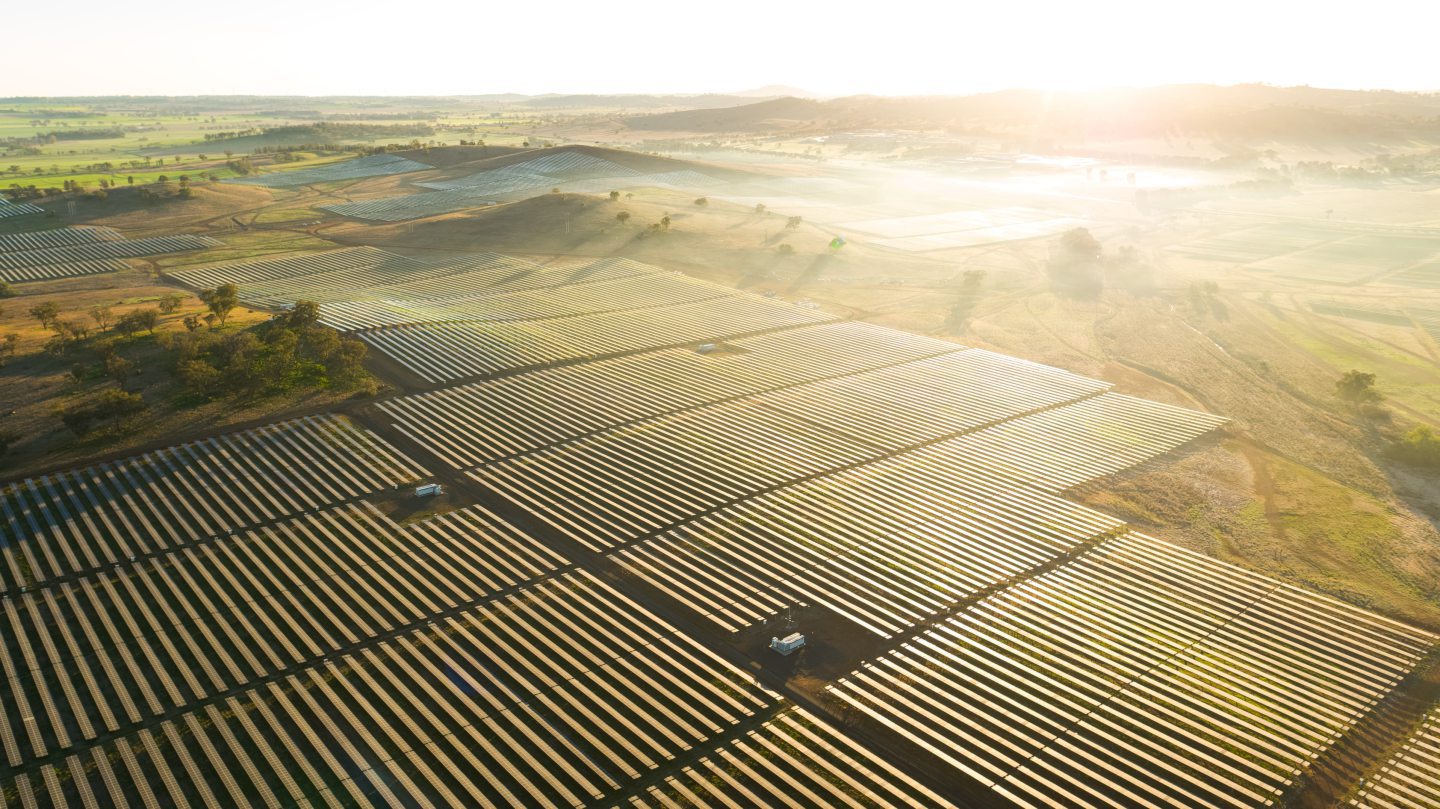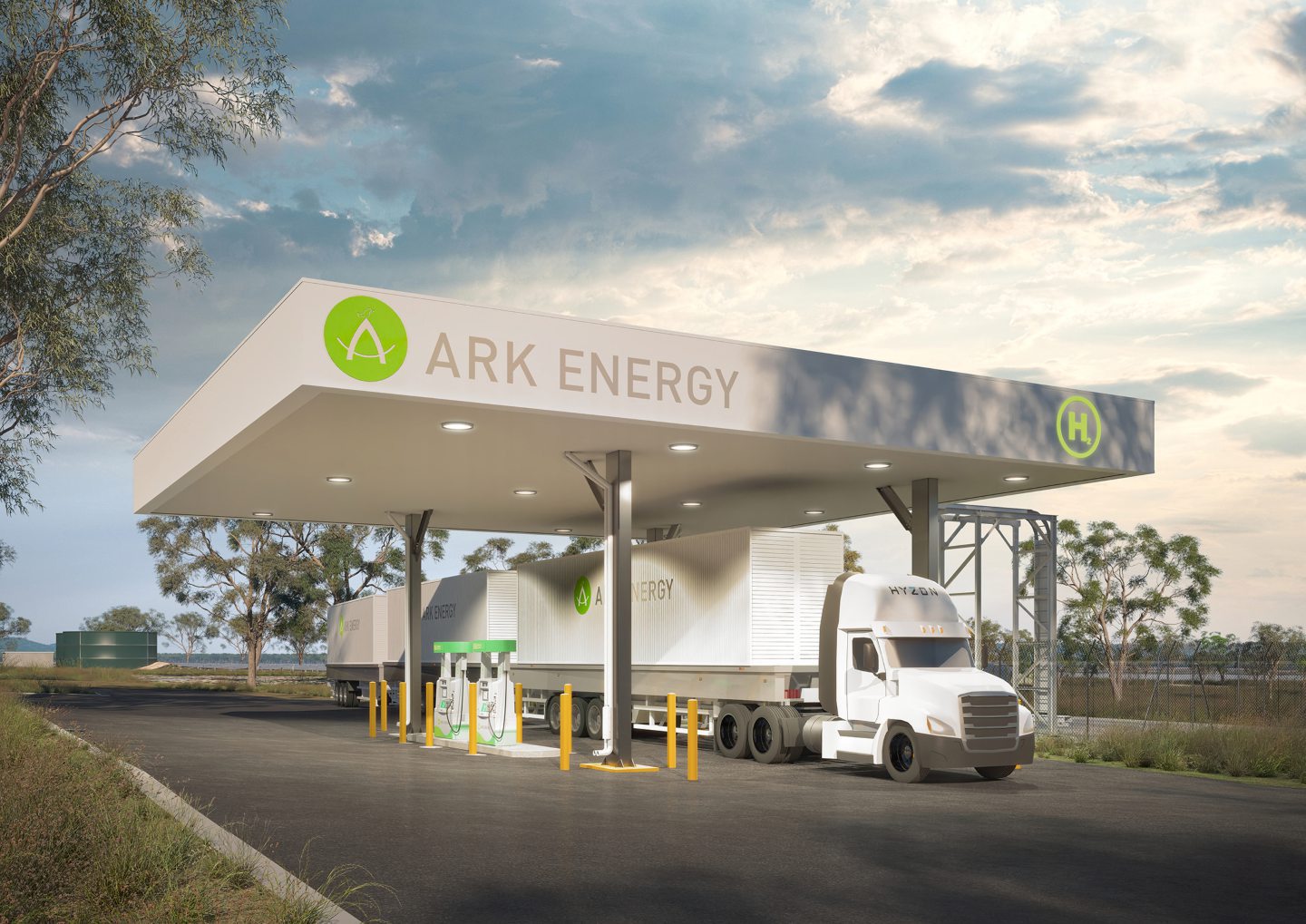UK companies have a “major opportunity” to export their expertise in hydrogen development to the Australian market, according to a report from Xodus.
The Aberdeen-headquartered energy consultancy said in 2024, Australia “stands out as a leader” in the international hydrogen production landscape.
Australia has ambitions to be a “significant force in global hydrogen by 2030”, Xodus said, both for export and decarbonising domestic industries.
According to the Australian government, the country has the largest pipeline of hydrogen projects in the world with an estimated value of over A$225 billion (£114bn).
Australia’s hydrogen project pipeline is “overwhelmingly focused on renewable hydrogen production as Australia’s extensive wind and solar resources”, according to the country’s National Hydrogen Strategy released this year.
This will “provide the foundation for producing low-cost renewable hydrogen”, and the current Labor government has set annual targets of at least 15m tonnes of “renewable hydrogen” by 2050.
Australian hydrogen opportunity
According to its report, UK businesses are in “prime position” to export their products and services to the “formative but exciting” market in Australia.
Commissioned by the UK government, the Xodus study included an overview of existing capabilities in Australia supporting the low carbon hydrogen sector.
It also explored potential gaps where UK supply chain firms could provide support, and any barriers which could impede international participation.
While the study found the hydrogen sector in both nations is in its formative stages, Xodus said UK companies are at the “forefront” of research and development.
For Australia to fully realise its hydrogen potential, Xodus said collaboration with the UK will be essential to provide the capacity and skills required for both its export and domestic goals.
By working together, both the UK and Australia can “drive innovation, investment and sustainable growth in the hydrogen sector”, Xodus said.
The report identified hydrogen electrolysis manufacturing, hydrogen fuelled gas turbines, hydrogen fuel cells and transportation as the main prospects for UK firms.
Australia ‘key force’ in global hydrogen
Xodus vice president for Asia Pacific Simon Allison said delivering an effective and prosperous energy transition will require collaboration at all levels.
“Our Australian Hydrogen Market study reinforces the wider benefits that can be realised through joined up thinking and by sharing expertise across borders,” Allison said.
“Australia is emerging as a key force in the global hydrogen market, holding the world’s second-largest production capacity in active development.”
With numerous potential projects and growth opportunities, Allison said Australia is set for significant expansion beyond 2030, with an expected annual market revenue of A$24bn (£13bn).
“Clearly hydrogen is a massive growth opportunity for Australia, but it will not be able to fully grasp this potential without input from overseas and there is a real opening for UK companies to leverage their strength and capture a share of this market,” he said.
Despite the gaps in Australia’s supply chain, the Xodus report highlighted four major barriers to entry for international firms.
Among the most significant for UK developers detailed is the current regulatory and policy uncertainty within Australia.
In particular, there is a “lack of a clear position on the minimum requirement for renewable energy to support hydrogen production and the certification process”.
Other barriers include revenue certainty due to limited Australian production-based subsidies, the absence of a meaningful carbon policy that establishes a higher tax on emissions, and the domestic fiscal regime, Xodus said.
Further hurdles include Australia’s geographical isolation and distance from the UK, a lack of existing infrastructure, extreme weather and unique environmental conditions.
UK hydrogen expertise
Xodus commercial lead Mark Elliot said the expertise of UK hydrogen firms gives them an advantageous position to export to expanding hydrogen markets like Australia.
“Challenges are part and parcel of the energy industry, but companies should bear in mind what can be gained by overcoming them,” Elliot said.
“Australia presents substantial opportunities for UK companies prepared to invest time in understanding the regulatory landscape and strategically positioning themselves to enter the market.
“The UK hydrogen industry is highly developed, with UK companies leading in hydrogen technology research and development.”
The Xodus report comes as the UK government confirmed £2bn of funding for 11 green hydrogen projects in its Autumn Budget.
The former Conservative government announced the 11 HAR1 projects, representing 125 MW of capacity, in December last year.
Recommended for you



 © Supplied by BP Lighthouse
© Supplied by BP Lighthouse © Supplied by Ark Energy
© Supplied by Ark Energy © Supplied by Ironside Farrar
© Supplied by Ironside Farrar






